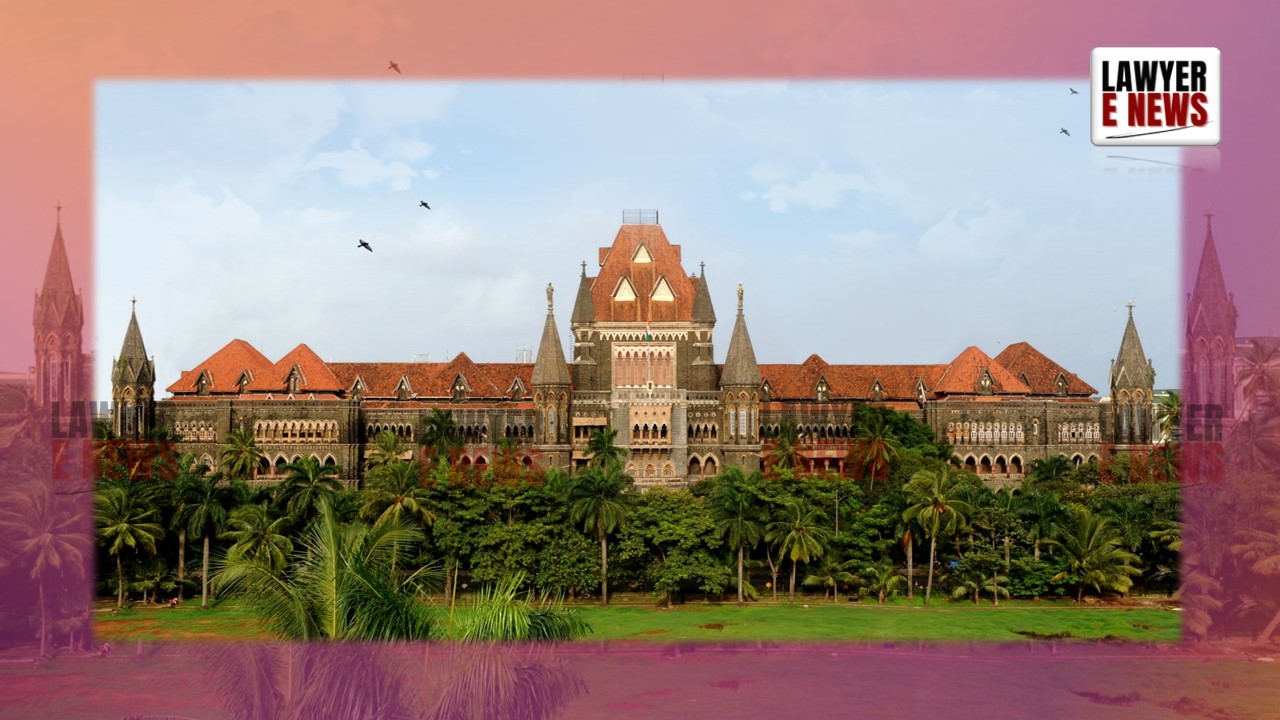-
by Admin
15 February 2026 5:01 PM



Finality of Interlocutory Orders Must Be Respected - Bombay High Court set aside a trial court order that allowed a second application for issuing a commission to examine the authenticity of signatures on an agreement to sell. The High Court ruled that the second application was barred by the principle of res judicata, as the trial court had already rejected an earlier application for the same relief with specific findings.
Justice M.S. Jawalkar emphasized the importance of respecting finality in interlocutory orders, observing that such orders, when unchallenged, prevent re-litigation of the same issue during subsequent stages of the same proceeding.
"When Direct Witnesses Are Available, Scientific Examination Is Unnecessary": High Court
The petitioner, Santosh Gayakwad, had filed a suit for specific performance of a 2016 agreement to sell an immovable property. The respondents, legal representatives of the original defendants, denied signing the agreement and alleged it was forged. The trial court had earlier rejected their application (Exhibit 123) under Order 26 Rule 10A of the Code of Civil Procedure (CPC) to issue a commission for examining the signatures, citing the availability of direct witnesses.
Despite this, the respondents filed a second application (Exhibit 141) on similar grounds, claiming additional reasons for scientific examination. The trial court allowed the application, stating that scientific investigation was necessary for justice.
The High Court rejected this reasoning, holding: "When there are direct witnesses to the document, including attesting witnesses and the scribe, referring the document for scientific investigation by issuing a commission is unnecessary. The trial court’s earlier findings had attained finality and could not be revisited."
Repeated Applications for Signature Verification
The petitioner alleged that the original defendants had executed an agreement to sell their property for Rs. 26,51,000, with part payment already made. The respondents disputed the claim, asserting that the petitioner was a tenant in arrears of rent and that the agreement was fabricated.
Initially, the respondents filed an application (Exhibit 123) seeking to examine the disputed signatures through a commission. The trial court rejected the application on April 6, 2024, noting that:
Direct witnesses to the agreement were available, and one attesting witness had already been examined.
A handwriting expert’s report submitted by the respondents was already on record, and the respondents could examine the expert instead of seeking a fresh investigation.
Despite this, the respondents filed a second application (Exhibit 141) on August 12, 2024, claiming that their earlier expert could not be traced and seeking scientific verification. The trial court allowed the second application, prompting the petitioner to approach the High Court.
Principle of Res Judicata Applies to Interlocutory Orders
Justice Jawalkar relied on Satyadhyan Ghoshal v. Deorjin Debi (AIR 1960 SC 941) and Barkat Ali v. Badri Narain (2008 SC 168) to hold that the principle of res judicata applies not only to separate proceedings but also to different stages of the same proceeding.
Citing Barkat Ali, the Court observed: “The same Court is precluded from revisiting a question that has already been decided or deemed to have been decided at an earlier stage of the same proceedings.”
The Court concluded that the trial court’s April 6, 2024, order rejecting Exhibit 123 had attained finality since it was not challenged by the respondents. The subsequent application (Exhibit 141) was therefore barred by res judicata.
Failure to Analyze Relevant Precedents: High Court Criticizes Trial Court
The High Court criticized the trial court for failing to consider the petitioner’s reliance on binding precedents, including Barkat Ali and Satyadhyan Ghoshal. Justice Jawalkar reiterated:
“It is the duty of the trial court to analyze cited precedents and distinguish them from the facts of the case. The failure to do so renders the order unsustainable.”
The Court emphasized that judicial consistency and adherence to legal principles are essential for maintaining public confidence in the justice system.
Role of Attesting Witnesses and Scribe in Proving the Agreement
The High Court upheld the trial court’s earlier findings that direct evidence from attesting witnesses and the scribe was sufficient to resolve the dispute. Justice Jawalkar noted:
“When attesting witnesses and the scribe are available to testify regarding the execution of the agreement, scientific examination of signatures becomes redundant. The trial court erred in disregarding its own earlier reasoning.”
The Court added that repeated applications for the same relief not only violate the principle of res judicata but also delay the trial and burden the judicial system.
The High Court allowed the writ petition, quashing the trial court’s August 26, 2024, order that had allowed the second application for signature verification.
Justice Jawalkar concluded: “The order below Exhibit 141 is patently illegal as it is hit by the principle of res judicata. The trial court’s earlier rejection of Exhibit 123 had attained finality. Repeated applications on the same issue cannot be entertained.”
The Court directed that the trial proceed without further delays, ensuring adherence to principles of judicial efficiency and fairness.
Date of Decision : 27 January 2025
